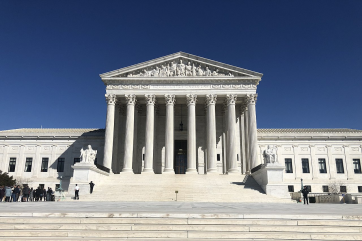Losing a loved one, especially due to suicide can be extremely stressful to the victim's family and friends. They will never be able to know for sure the reason behind such action.
If the act of suicide was committed while serving the nation the emotional turmoil that follows can be even worse and intense. Hence, to study the effects and consequences of such military suicides on veterans and family members, University of Kentucky is beginning a research to investigate the 'incidence of suicide exposure and consequences of suicide bereavement on veterans and military families.'
According to the statement issued by the university, the study looks at the 'suicide bereaved,' as those who have 'lost a loved one, family member, friend or fellow service member/veteran to suicide.'
The study named, 'Suicide Bereavement in Military and Their Families' has received a $677,000 grant from the Military Suicide Research Consortium of Department of Defense.
"We really do not know how many people are personally affected by a suicide in their family, workplace or community," Julie Cerel, the principal investigator and an associate professor in the UK College of Social Work said. "Our previous research suggests that about 40 percent of people know someone who has died by suicide and that almost one in five people report they have been personally affected by a suicide."
The Department of Veterans Affairs estimates that a veteran takes his or her own life about once every 80 minutes on average, accounting for some 6,500 suicides per year, nearly 20 percent of all suicides in the United States.
It is unfortunate that more soldiers died in first of 2012 by taking their own lives than participating in the combat. But till date there has been no census of individuals affected by suicide and this is the first time a study will be centred on them.
As manifested in the statistics, the increasing suicide rates among war veterans and active-duty soldiers have alarmed the Department of Defense. Department spokeswoman Cynthia Smith said to Lexington Herald-Leader that suicide prevention is their top priority and it has asked every leader throughout the chain of command to focus on the issue of depression by creating an atmosphere that supports seeking help 'as a sign of strength, not a sign of weakness.'
A month ago, the department granted a three million-dollar grant to an Indiana University School of Medicine researcher to develop an anti-suicidal nasal spray. These two investments within a month of each other show the Department's concern over the raising instances of suicide.
The study will be conducted through random telephone interviews, web-based survey and personal interviews, according to the Leader.








